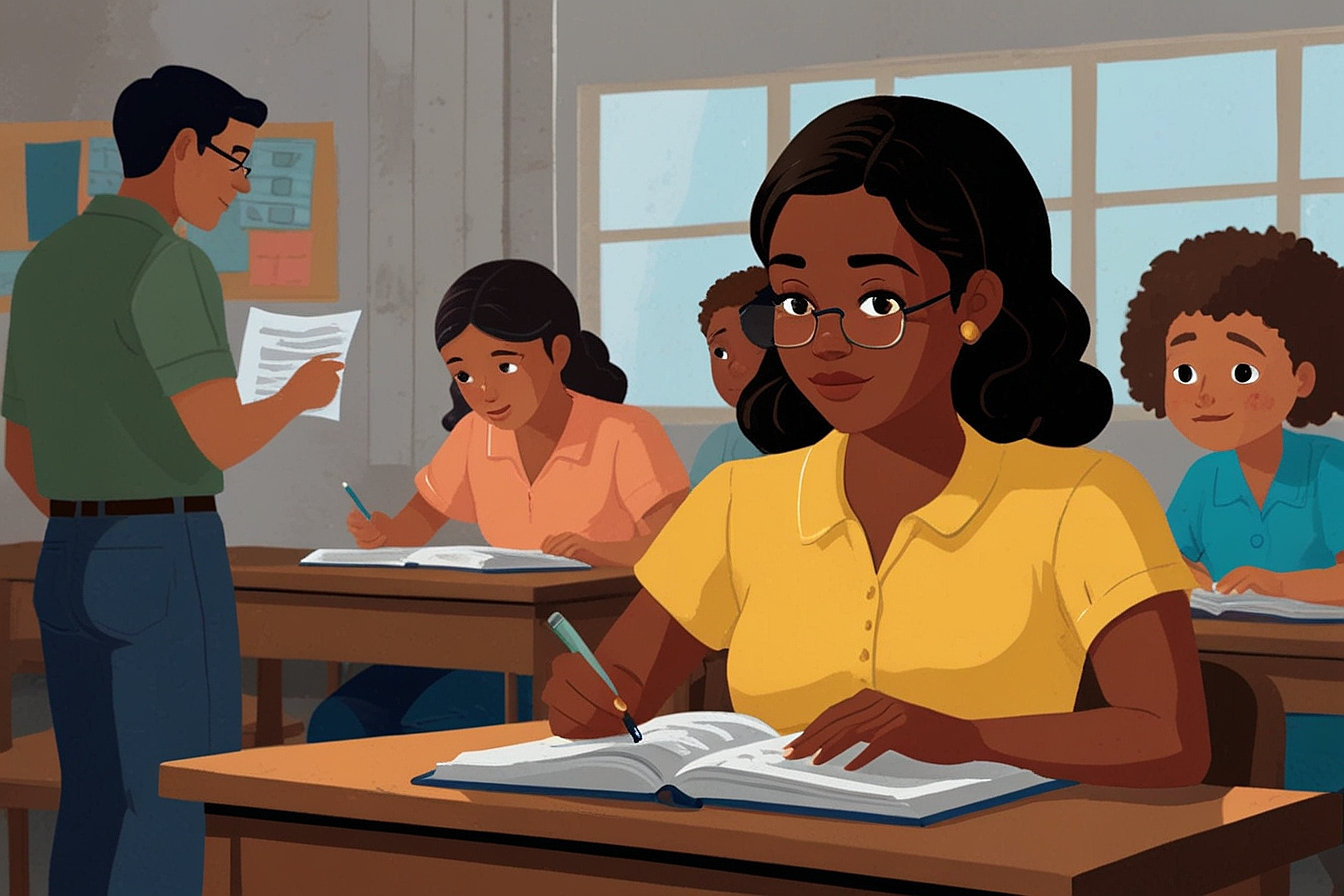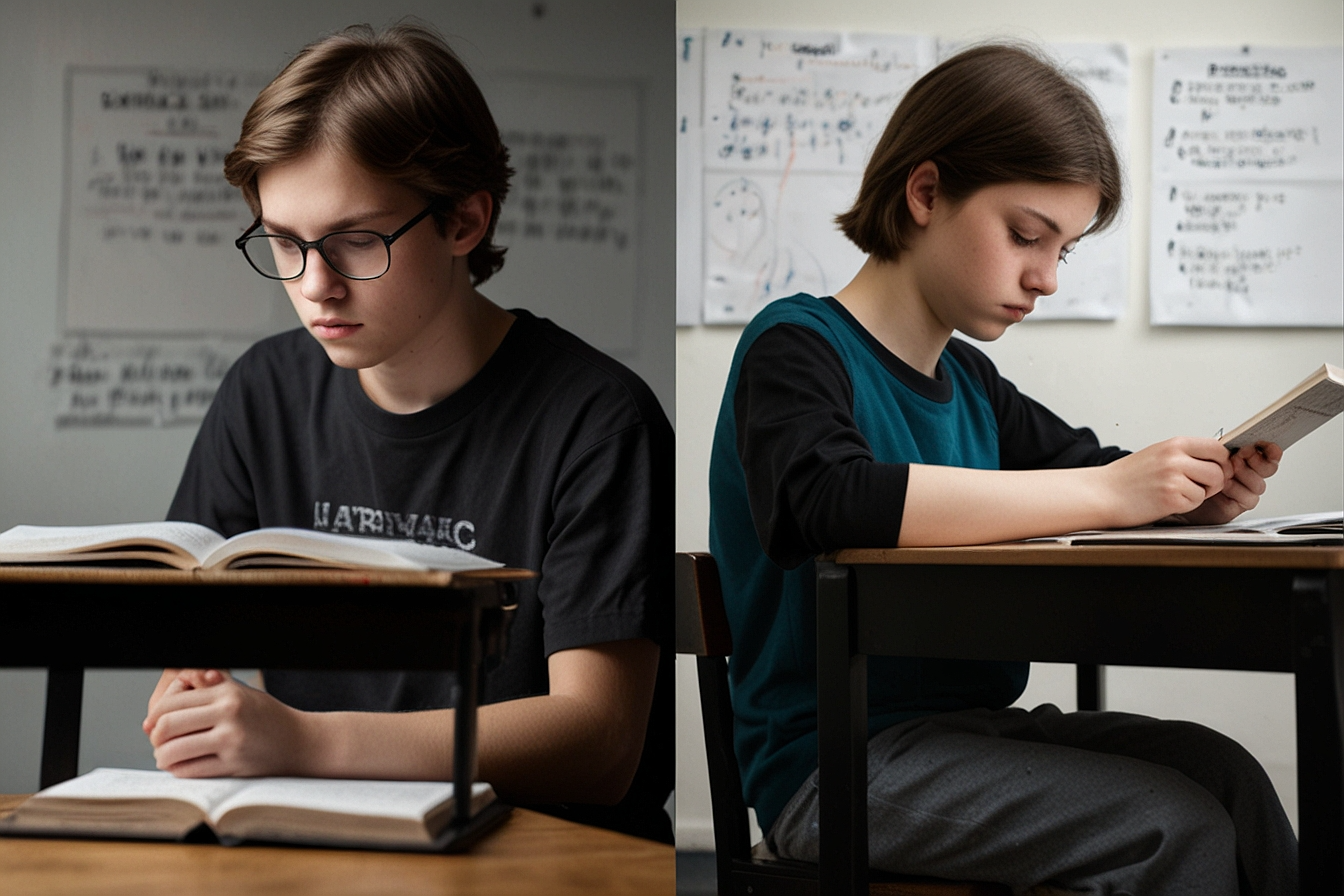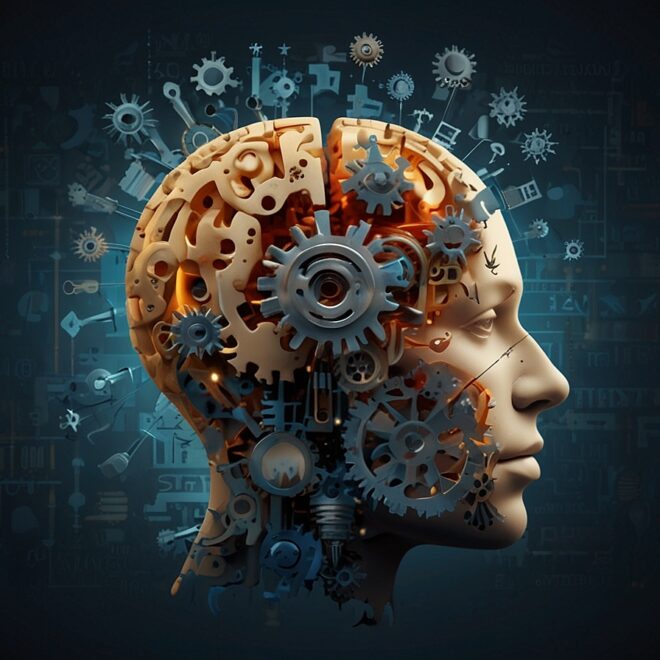Imagine a bright, curious child eagerly starting school, only to find themselves struggling with reading and writing. They watch their classmates excel while they fall behind despite their best efforts. This same child’s school may have dyslexia, a learning disability affecting their writing language processing ability. But here’s the thing: having dyslexia does not mean they lack intelligence.
As a parent, seeing your child struggle in school is heartbreaking. You know they’re smart and capable, but their grades don’t reflect their true potential. It’s easy to feel helpless and frustrated, wondering if there’s something more you could be doing to help them succeed.
The truth is that dyslexia and intelligence are not mutually exclusive. Many people with dyslexia are incredibly bright and talented in problem-solving, creativity, and critical thinking. They just need the right support, education, and accommodations to thrive in an educational setting that often prioritizes reading and writing above all else.
So, if you’re a parent of a dyslexic child, don’t lose hope. Your child has a unique way of processing information, but that doesn’t make them less intelligent or capable of achieving great things. With the proper tools, strategies, and support from teachers, parents, and schools, they can learn to navigate their challenges and unlock their full potential.
Introduction to Dyslexia and Intelligence

Defining Dyslexia
Dyslexia is a learning disability affecting a person’s reading, writing, and spelling ability. It is a neurological condition present from birth and unrelated to intelligence or lack of motivation. People with dyslexia have difficulty processing language, making reading and writing challenging.
The International Dyslexia Association defines dyslexia as “a specific learning disability that is neurobiological in origin. It is characterized by difficulties with accurate and/or fluent word recognition and by poor spelling and decoding abilities.”
Understanding Intelligence
Intelligence is a complex concept encompassing a person with many cognitive abilities, including reasoning, problem-solving, and learning. IQ tests often measure it, which assess a person’s ability to process information and apply knowledge.
It is important to note that intelligence is not a fixed trait. There are many types of intelligence, such as verbal, mathematical, and spatial abilities. Everyone has strengths and weaknesses in different areas of intellectual ability.
The Relationship Between Dyslexia and Intelligence
One of the most common misconceptions about dyslexia is that it relates to intelligence. However, research has shown no connection between dyslexia and IQ scores.
Many people with dyslexia are highly intelligent and have succeeded in various fields. For example, Richard Branson, the founder of the Virgin Group, and Charles Schwab, a pioneer in the discount stockbroking industry, are dyslexic.
Studies have found that children with dyslexia show similar patterns of brain activity when engaged in reading tasks, regardless of age or their IQ scores. This suggests that dyslexia is a learning disability unrelated to overall cognitive abilities.
Common Misconceptions
Despite the scientific evidence, there are still many myths and misconceptions about dyslexia and intelligence. Some of the most common ones include:
- Myth: Smart people cannot be dyslexic or have a learning disability. Fact: Dyslexia and intelligence are NOT connected. Many dyslexic individuals are very bright and creative.
- Myth: Dyslexia does not exist. Fact: There have been 30 years of documented scientific evidence and research proving the existence of dyslexia. It is one of the most common learning disabilities.
- Myth: Intelligence and the ability to read are related, so if someone doesn’t read well, they can’t be very smart. Fact: There is no relationship between dyslexia and IQ. Dyslexics can have high, middle, or low IQs, just like the rest of the population.
It is important to dispel these myths and educate people about the true nature of dyslexia. By understanding that dyslexia is a specific learning disability unrelated to intelligence, we can provide the right support and interventions to help dyslexic students succeed in school and beyond.
Impact of Dyslexia on Cognitive Abilities

Strengths and Weaknesses
While dyslexia can present challenges in both reading skills, and writing, it is important to recognize that people with dyslexia also have unique strengths. Research has shown that dyslexic individuals often excel in creativity, problem-solving, and spatial reasoning.
Some of the strengths associated with dyslexia include:
- Creativity: Many famous artists, musicians, and entrepreneurs, such as Pablo Picasso and Richard Branson, are dyslexic. The dyslexic brain is wired differently, which can lead to innovative thinking and creative problem-solving.
- Pattern recognition: People with dyslexia have a heightened ability to spot patterns and see trends in data. They can connect complex systems and identify similarities among multiple things.
- Spatial reasoning: Dyslexic individuals often have strong visual-spatial skills, which can be an asset in engineering, architecture, and design.
However, it is important to note that not all people with dyslexia will have these strengths. Dyslexia exists on a spectrum, and each individual’s cognitive profile is unique.
Adaptive Strategies
While dyslexia cannot be “cured,” many strategies and accommodations can help dyslexic children and students succeed in school and beyond. Some effective strategies include:
- Multisensory learning: Using multiple senses (sight, sound, touch) can help dyslexic students better process and retain information. For example, tracing letters in sand or shaving cream can reinforce letter shapes and sounds.
- Assistive technology: Text-to-speech software, audiobooks, and speech recognition programs can help dyslexic students access written material and express their ideas.
- Explicit instruction: Dyslexic students benefit from direct, systematic instruction in phonics, decoding, and comprehension strategies. Breaking tasks into smaller steps and providing frequent feedback can also be helpful.
- Accommodations: Simple classroom accommodations, such as extra time on tests, reduced homework load, and oral exams, can level the playing field for dyslexic students.
Neurodiversity and Talent
In recent years, there has been a growing recognition in psychological science of neurodiversity – the idea that neurological differences like dyslexia, ADHD, and autism are normal variations in the human brain rather than disorders to be cured.
Advocates argue that neurodiversity should be celebrated and that society benefits from the unique perspectives and talents of neurodiverse individuals. Some companies, such as Microsoft and EY, have started actively recruiting neurodiverse employees, recognizing the value they bring to the workplace.
By embracing neurodiversity and focusing on strengths rather than deficits, we can create a more inclusive and equitable society that values the contributions of all individuals, regardless of their neurological differences.
Intelligence Beyond Reading and Writing Skills

Cognitive Profile of Individuals with Dyslexia
While dyslexia is often associated with difficulties in reading and writing, research has shown that individuals with dyslexia have a unique cognitive profile with both strengths and weaknesses. A study by Swanson and Hsieh found that dyslexic individuals performed similarly to non-dyslexic controls on measures of general intelligence, problem-solving, cognitive monitoring, and perceptuo-motor skills(https://www.ncbi.nlm.nih.gov/pmc/articles/PMC3820924/)].
The study found that dyslexic individuals slightly outperformed controls in visuospatial memory and were rated more favorably by third persons(https://www.ncbi.nlm.nih.gov/pmc/articles/PMC3820924/)]. This suggests that while dyslexia presents challenges in certain areas, it does not indicate overall cognitive ability.
Visual-Spatial and Creative Abilities
One area where individuals with dyslexia often excel is in visual-spatial abilities. A study by the University of East London found that young dyslexic individuals were excellent at remembering a virtual environment compared to non-dyslexic controls(https://dyslexiahelp.umich.edu/dyslexics/learn-about-dyslexia/what-is-dyslexia/the-many-strengths-of-dyslexics)].
Dyslexic individuals also tend to be strong in areas like creative thinking, problem-solving, and reasoning(https://www.nhs.uk/conditions/dyslexia/)]. Many famous artists, entrepreneurs, and inventors, such as Pablo Picasso and Richard Branson, are dyslexic(https://dyslexiahelp.umich.edu/dyslexics/learn-about-dyslexia/what-is-dyslexia/the-many-strengths-of-dyslexics)]. The dyslexic brain is wired differently, which can lead to innovative thinking and creative problem-solving(https://dyslexiahelp.umich.edu/dyslexics/learn-about-dyslexia/what-is-dyslexia/the-many-strengths-of-dyslexics)].
Problem-solving and Critical Thinking
In addition to visual-spatial abilities, individuals with dyslexia often have strong cognitive skills used in problem-solving and critical thinking. A study by Gilger et al. found that adults with dyslexia seem to process complex, dynamic spatial information differently than those without dyslexia, suggesting that the brains of people with dyslexia are atypical in many areas, not just those involved in reading(https://dyslexiaida.org/why-study-dynamic-visual-spatial-thinking-in-dyslexia-qa-with-jeffrey-gilger/)].
Dyslexic individuals are often excellent puzzle solvers and can identify the right shapes and words and figure out complex problems with ease(https://dyslexiahelp.umich.edu/dyslexics/learn-about-dyslexia/what-is-dyslexia/the-many-strengths-of-dyslexics)]. They tend to be simultaneous thinkers, connecting ideas via different routes rather than in a straight line, which is why many entrepreneurs are dyslexic(https://dyslexiahelp.umich.edu/dyslexics/learn-about-dyslexia/what-is-dyslexia/the-many-strengths-of-dyslexics)].
In conclusion, while dyslexia presents challenges in reading and writing, it is important to recognize the unique strengths and abilities of individuals with dyslexia. From visual-spatial skills to creative thinking and problem-solving, many dyslexic students and individuals have much to contribute. Focusing on these strengths and providing the right support can help dyslexic individuals thrive in school, work, and life.

